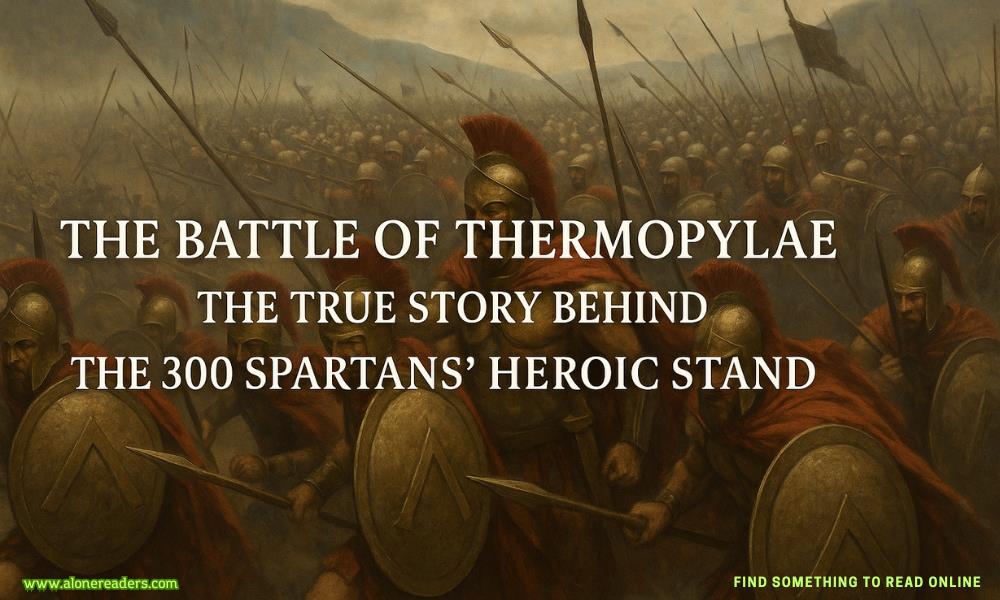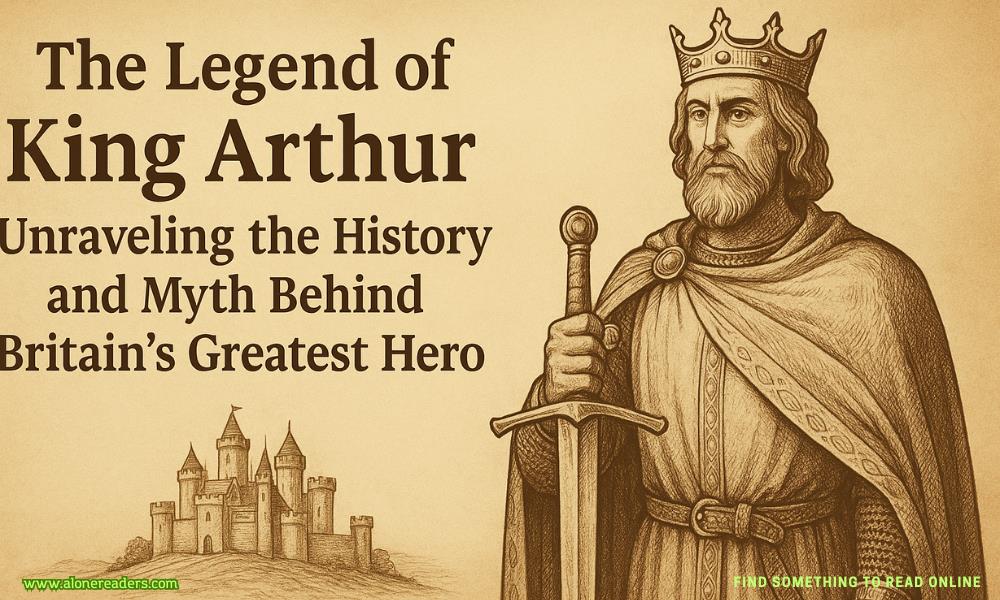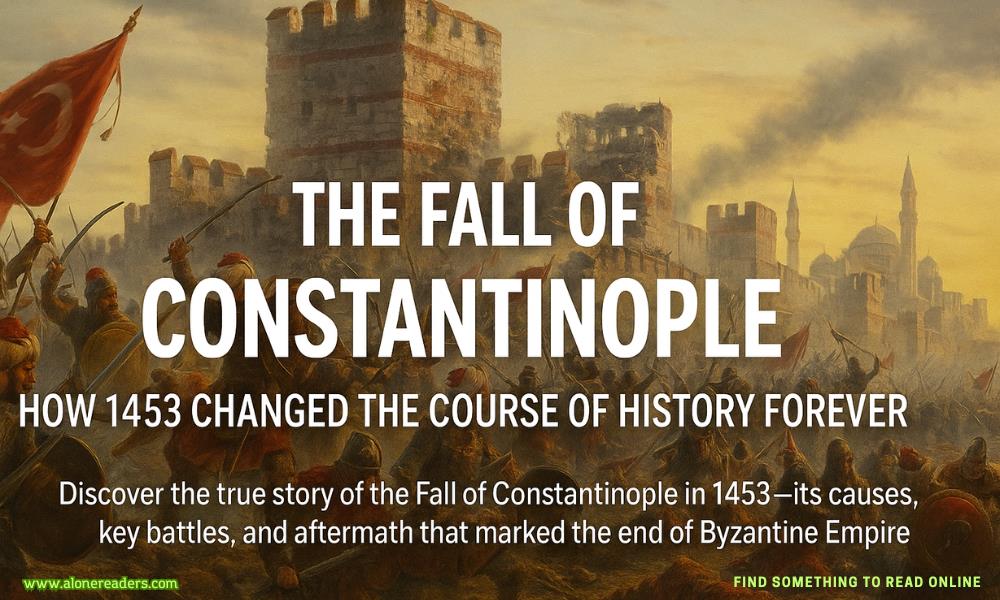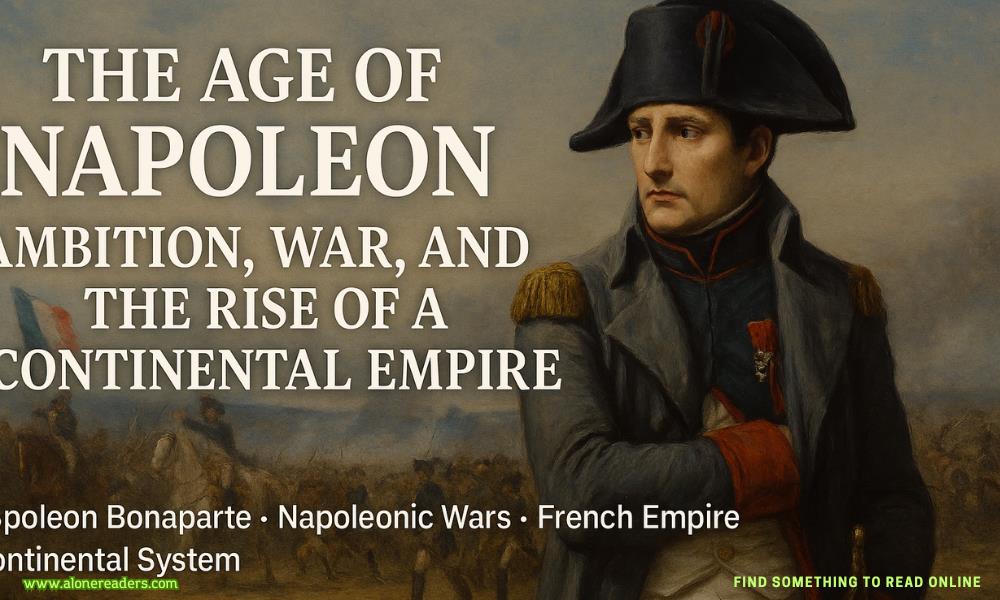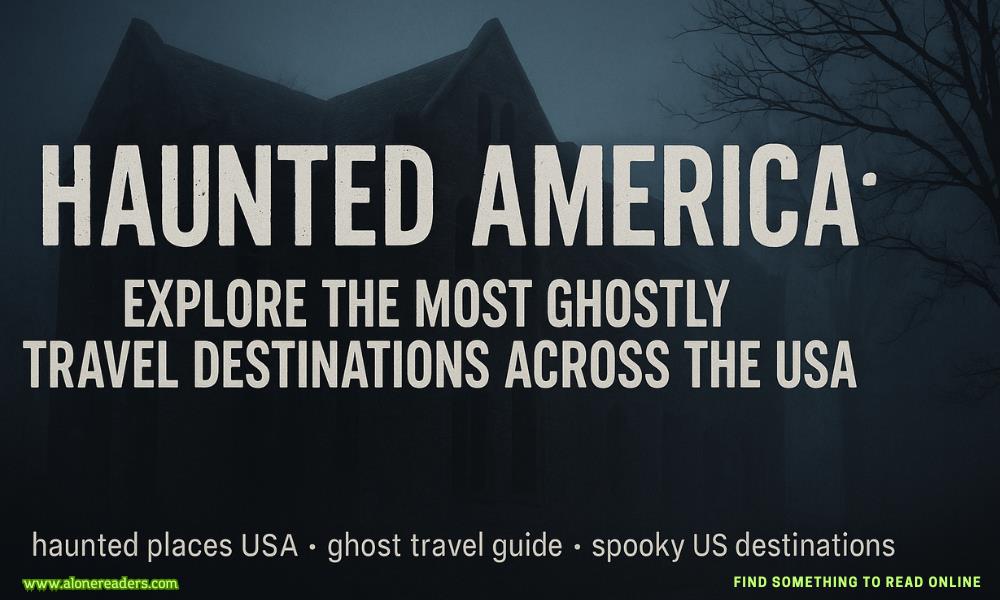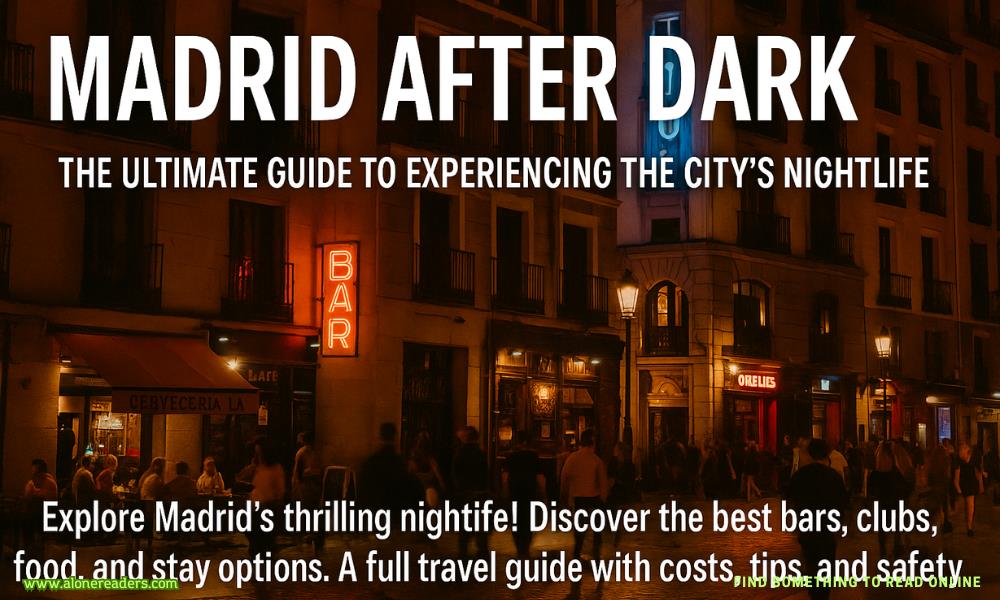Page 1 of Hula Girl
1
Ava
One week.
It doesn’t sound like very long.Until you break it down.
Seven days.
One hundred and sixty-eight hours.
Six hundred and four thousand, eight hundred seconds.
I’m spending all that time in what most people would call paradise—the Hawaiian island of Maui. But for an admittedly type-A personality like me, the passage of these first two days has been agonizingly slow.
I’ve tried to make the most of what amounts to anenforced vacation, really, I have. I dutifully unplugged by leaving my lifeline—a top of the line MacBook Pro—at home. I haven’t called into the office to check with my assistant on pressing matters at all. And I’ve only messaged my boss, Randall, once but at least it wasn’t about work. It was an Instagram-worthy photo I’d casually staged. The shot is of my toes in the nearly white and oh-so-soft sand with the clear blue ocean in the background. I wanted to show him that I have taken his order to disengage from all stress seriously.
He’d texted back:That’s a start. Go to a luau. Really decompress.
He means well, that I know. But he should also know that the last thing I’m going to do is dive deep into a tourist trap like a luau.
Coming to Maui wasn’t exactly my idea. Randall insisted that I take this time off. He went so far as to book my plane ticket and hotel, telling me both were covered by the firm as part of what he euphemistically coined my rest and recovery benefits. No such benefits exist, of course. It’s just one of the many ways he takes it upon himself to look after me. He’s treated me like a daughter—or granddaughter, I should say, given his age—almost as soon as I started working at the law firm of Miller, Newell & Kahn six years ago. In return, I’ve come to think of him as a sort of surrogate grandfather.
This unusual bond is the result of the incident that happened the day I interviewed with the firm, fresh out of law school.
I wasn’t a top contender for the entry-level job of first-year associate. Not with having graduated from an undistinguished school like Southwestern Law School without any internships under my belt. I’d sacrificed the vital experience of internships in favor of working double-shifts at a high-end Beverly Hills restaurant that paid surprisingly well, even if I did have to slap away one too many drunk hands of entitled rich men. I was also busy helping my mom with her housecleaning service, Mobile Maids, the business she started out of necessity after my father passed away unexpectedly when I was thirteen years old. So, while I ended up with great “real world” experience, it wasn’t the kind of background most law firms appreciated.
I’d applied for the position at Miller, Newell & Kahn, along with a dozen other firms I’d placed in the “no chance in hell” category, figuring I’d have nothing to lose. They were the only one in that category to call me in for an interview. The interview process at a firm like that is rigorous, to put it mildly. They had me in back-to-back meetings with all levels of staff, some as individual interviews and others as panel interviews, throughout most of the day. There was even a coffee break and lunch break interview. Each person was seemingly more intent than the last on tripping me up with a question on some obscure law or case study, making for an intense day. But I held my own—outwardly, at least. I was able to come up with credible answers, falling back on the studying that had left me with virtually no social life for the last seven years of undergraduate and law school combined. Inwardly, though, I was frazzled.
By the time I had my last interview with Randall Miller, senior partner of the firm, I barely held it together. Our time started innocuously enough, with him asking all the typical questions about my studies and what I thought I could contribute to the firm. He stared at my resume the whole time, having not made eye contact with me since the initial glance we shared when I took my seat in front of his impressive carved mahogany desk at the start of our interview.
His questions became more listless, and my answers got shorter. We were both flatlining and I knew this didn’t bode well. But my nerves and exhaustion made it hard to push through, especially when I had every indication from all my other interviews that I wasn’t the right fit. They never said those words, of course, but I’m realistic enough to understand that as a Latina, I was fighting an uphill battle in a firm like this that is at least 90 percent white.
“Well, Miss Ruiz,” Randall said, clearly on his way to wrapping up the interview that had only lasted twelve minutes. “I want to thank you for coming in.”
And there it was. The brush-off from the man who surely held the final word on my candidacy. I smiled ruefully and stood, extending my hand to him.
When he rose, he was clearly struggling. I had researched him before this interview and knew he’d had a long, successful career. He’d started this firm after seven years as an Assistant district attorney, making it into a highly respected, multi-faceted organization focused on the rigors of the law rather than gimmicks or loopholes. He was married with four children and six grandchildren. The picture of health for a man in his mid-seventies, he was known to play tennis at a private club four times a week. But the moment he reached for my hand, the color drained from his face and he staggered to his right. Before I could move, he went crashing down to the floor, trying and failing to hold onto the desk as he went, sending papers, books, and files down with him.
If he had blacked out, he’d already come to by the time I rushed around to his side of the desk.
“Mr. Miller, are you okay?” I asked, moving to my knees on the floor beside him.
He groaned but didn’t reply otherwise. Instead, he blinked rapidly and shook his head, as if to reboot himself from some unexpected shutdown.
Just then, the door to his office swung open and the efficient secretary who had earlier escorted me into the interview gasped.
“I think he’s okay,” I said.
“I’ll get Manny,” she said, though she stood frozen in the doorway. “And call 911.”
That got another grunt out of Mr. Miller, along with a wave of his hand, which I took to mean he was trying to stop her from taking these actions. But she disappeared before he could make himself understood.
“Can I help you up?” I asked. He was still propped awkwardly on his side where he had fallen.
He nodded vigorously, and I reached down, slipping my arm under his. With considerable effort—I’m five foot five with decent curves while still being on the slimmer side, while he’s at least six foot three and over two hundred pounds—I got him to his knees. Even during this brief moment, I could sense his discomfort at needing help. Like most men, he seemed proud and unaccustomed to asking for help. But really, I wasn’t doing much. Just trying to get him into a position where he could have more control. It didn’t occur to me that it might not have been the best reaction since he should have been evaluated by a medical professional. I just acted on instinct. The same could be said for why I reached out to smooth back his hair. It had gone askew during his fall, and I sensed he’d want to appear as put together as possible.
“Randall, are you okay?”
- Lily and the Duke by Carole Mortimer
- Claimed By Daddy by J.L. Quick
- Room One Hundred and Twenty-Five: All Access by Layne Daniels
- Pleasing Him by S.E. Law
- Knocked-Up Bratva Bride by Veda Rose
- A Touch of Fate by Cora Reilly
- Tamed By A Knight by Lena Little
- Forced & Knocked-Up Bratva Bride by Lexi Carter
- Forced Innocent Bride By the Bratva by Lexi Carter
- Chain Me by Bianca Cole
- Dirty Little Sinner by Samantha Barrett
- Sinister Promise by Zoe Blake
- Black Flag by Shey Stahl
- Happy Hour by Shey Stahl
- How to Deal by Shey Stahl
- Love Complicated by Shey Stahl
